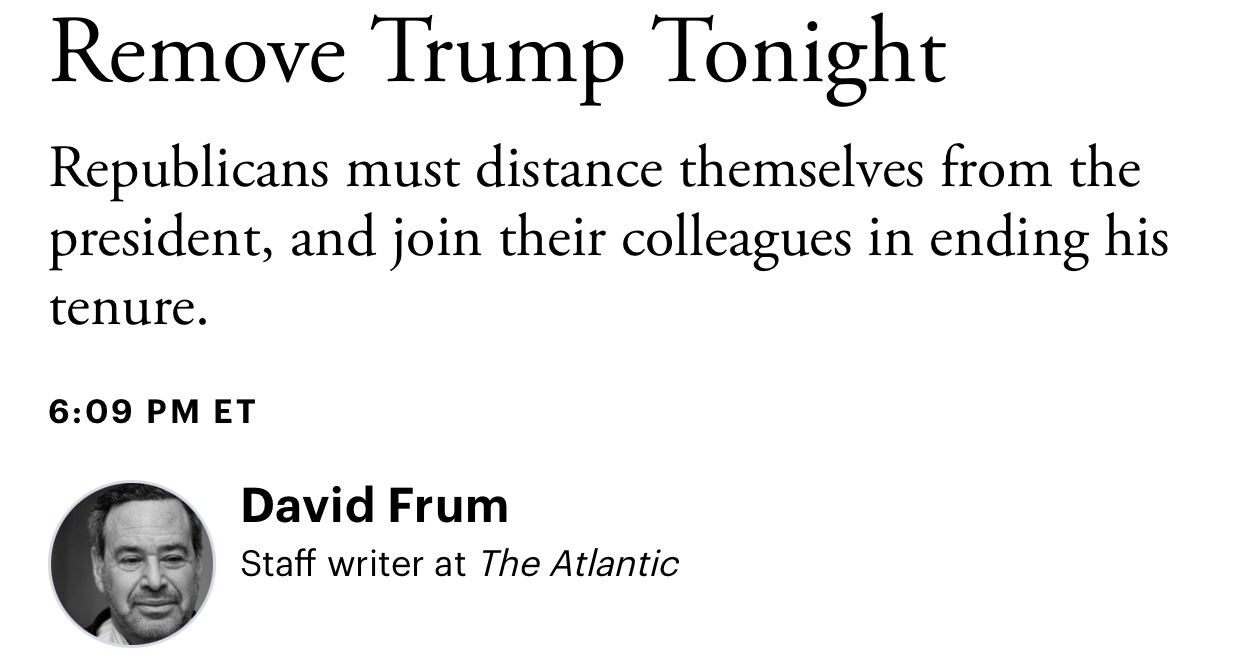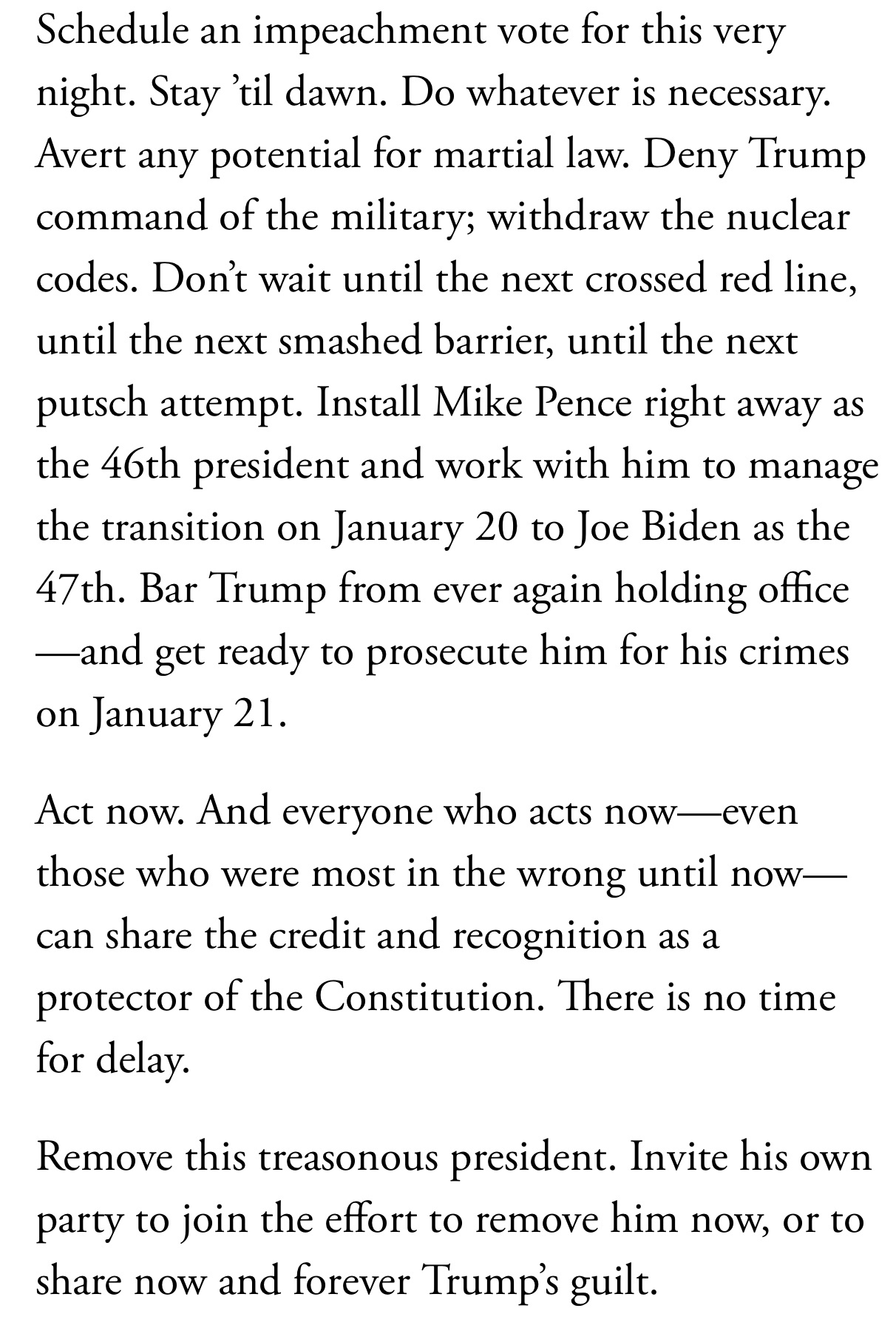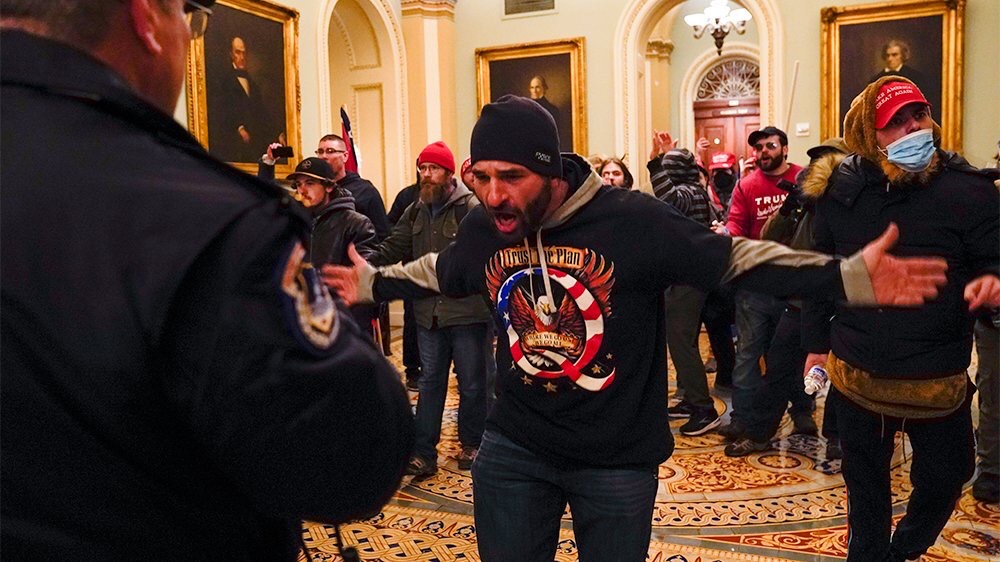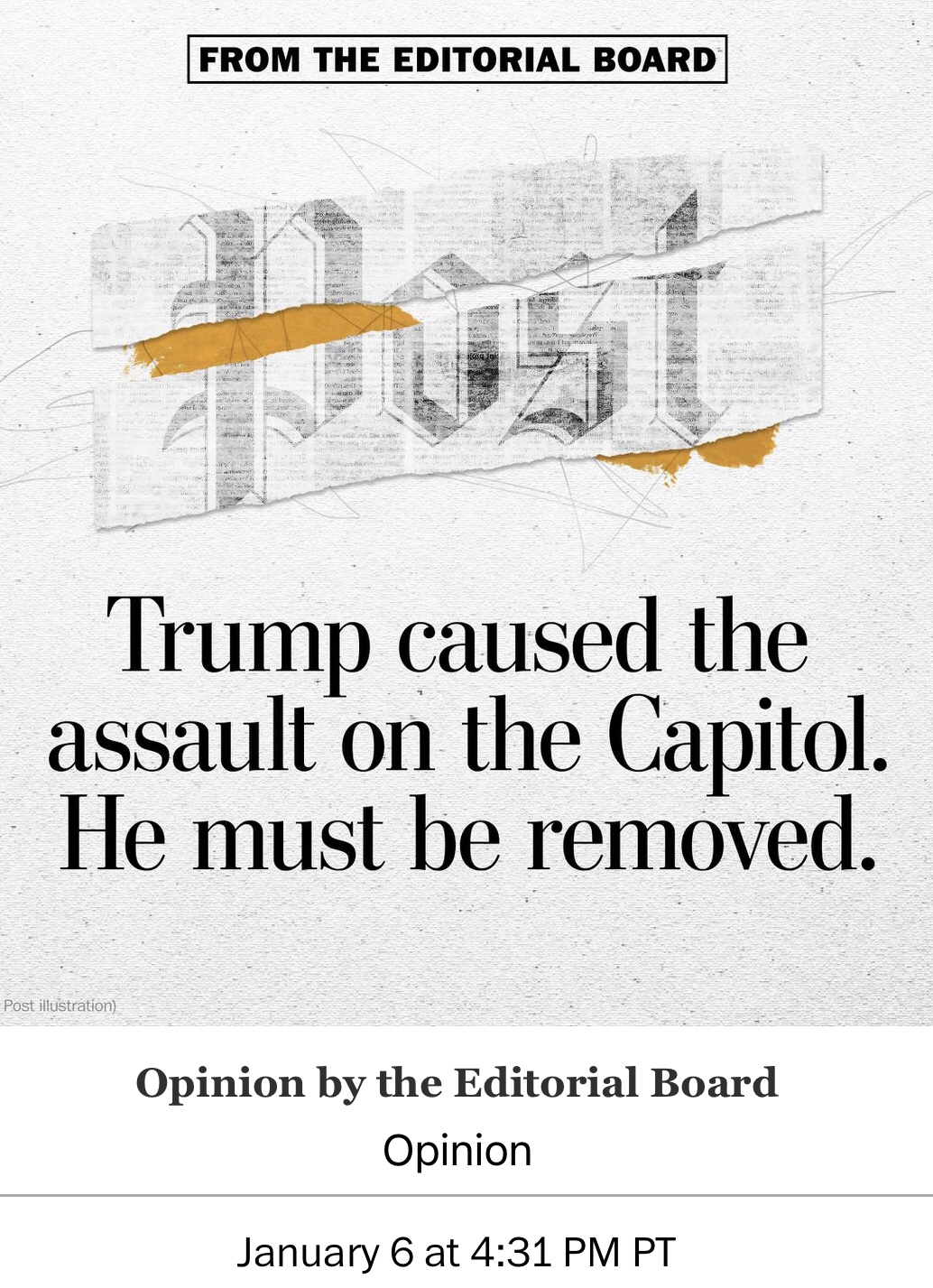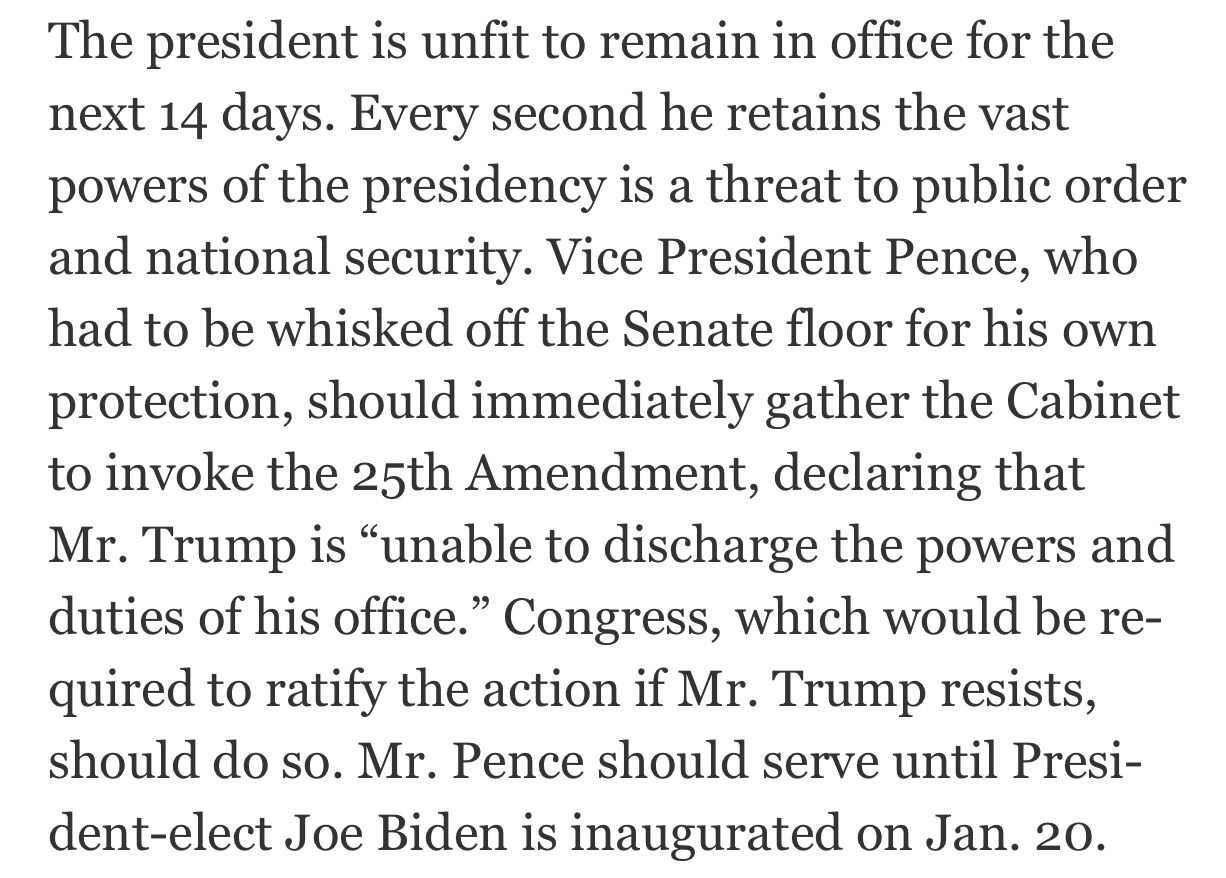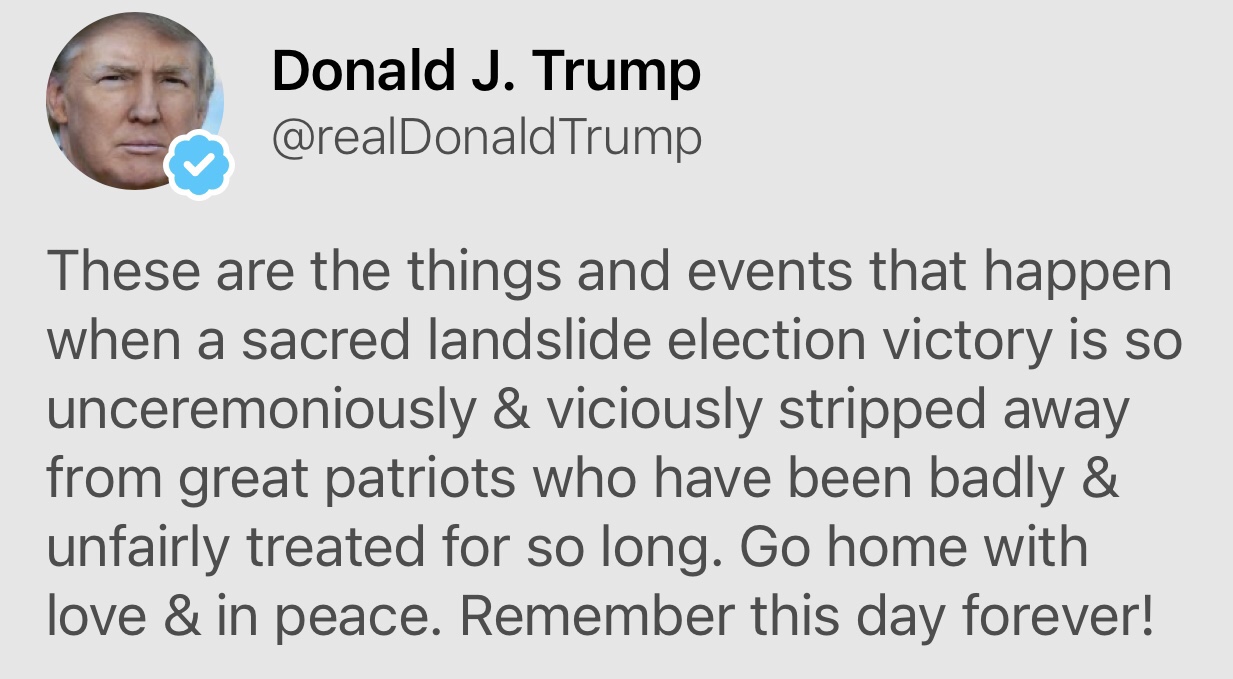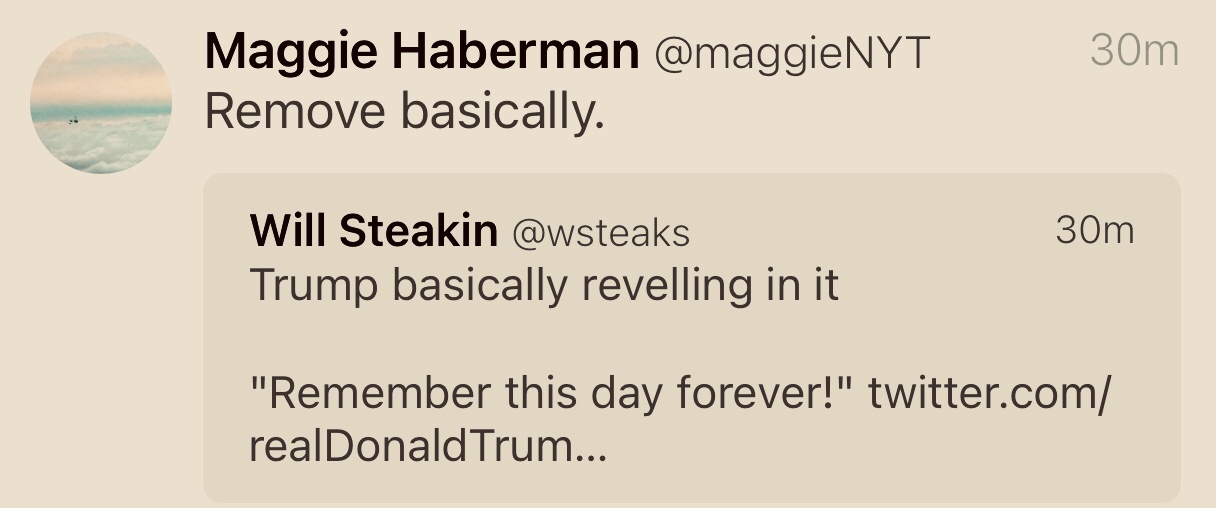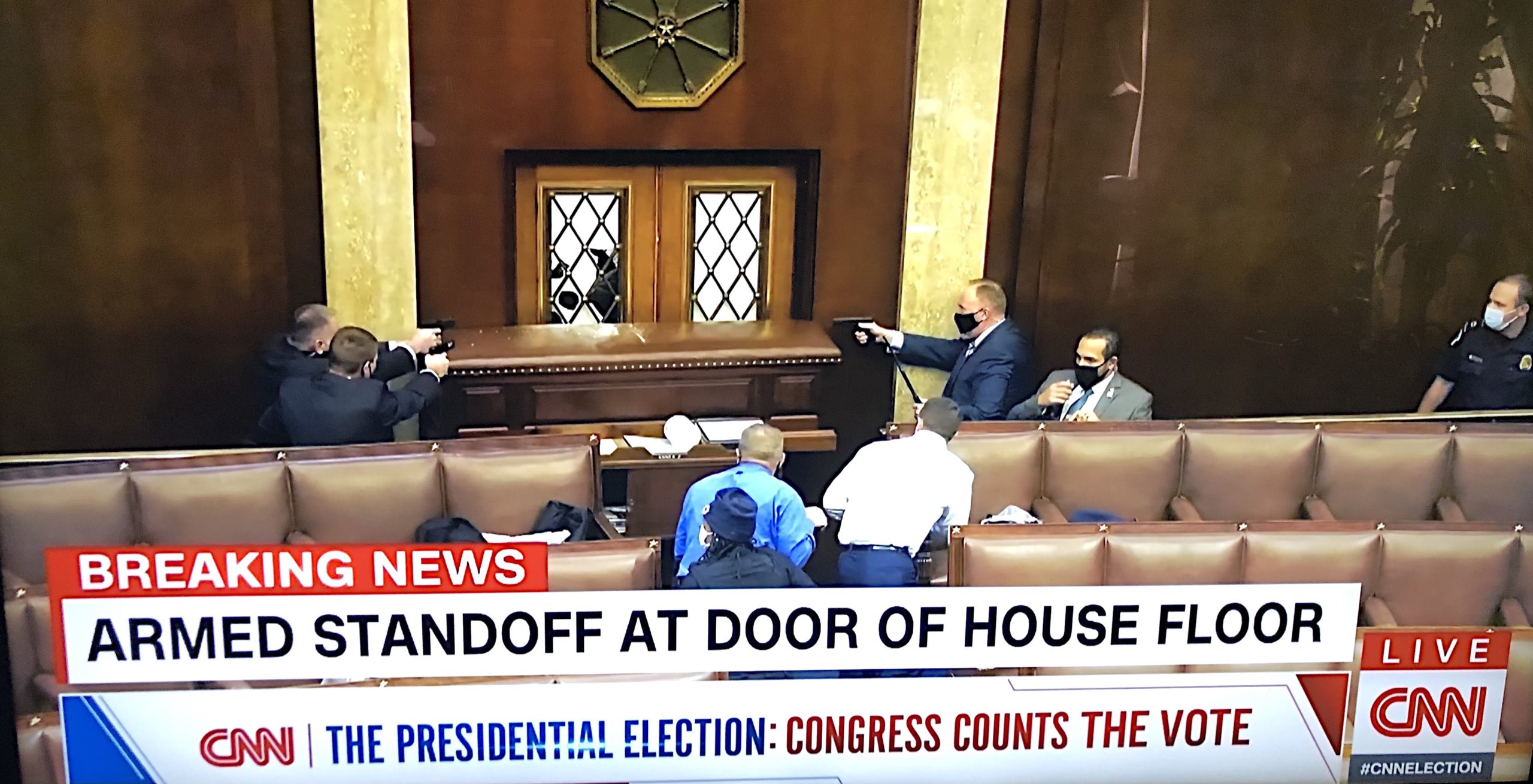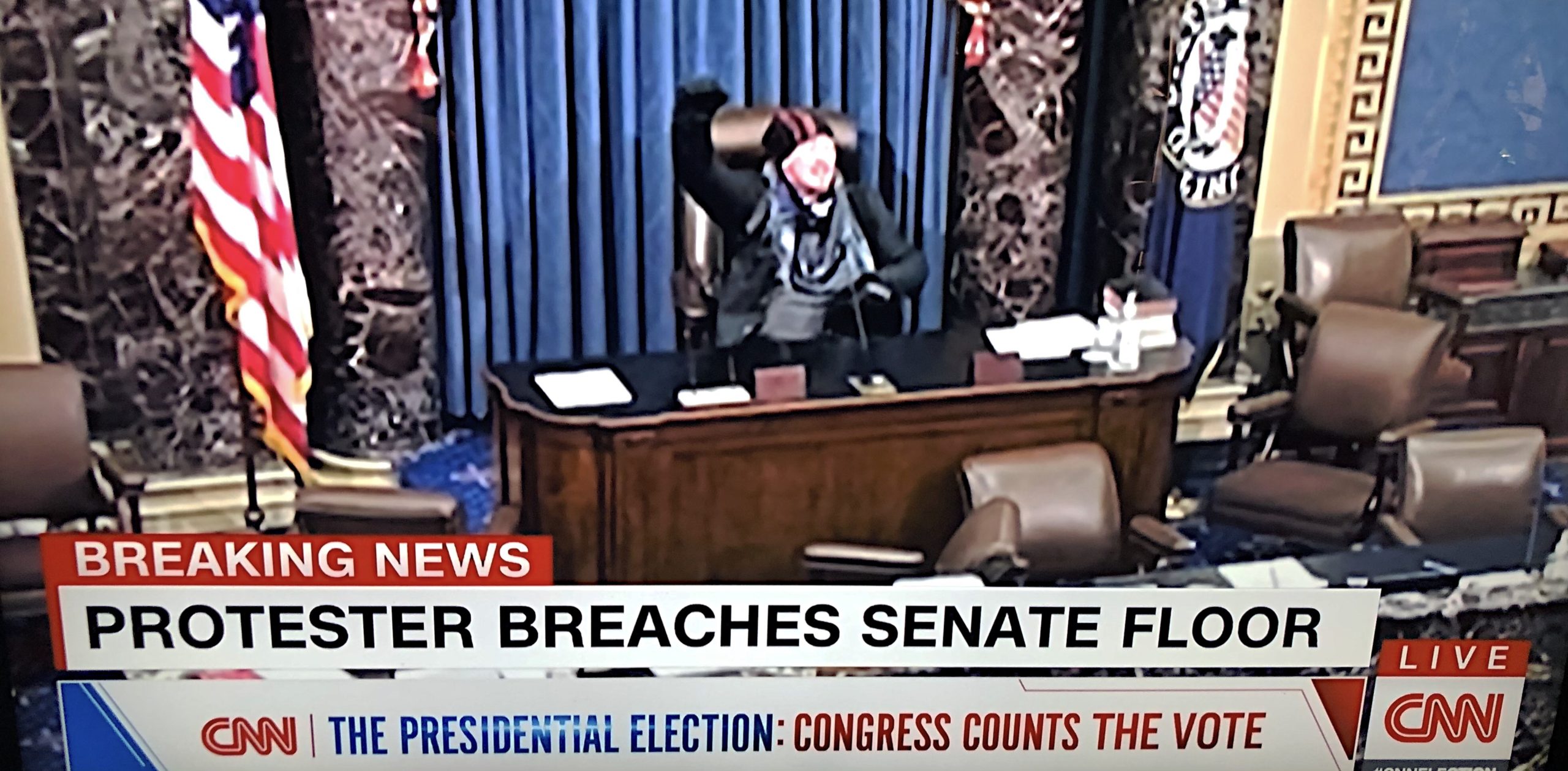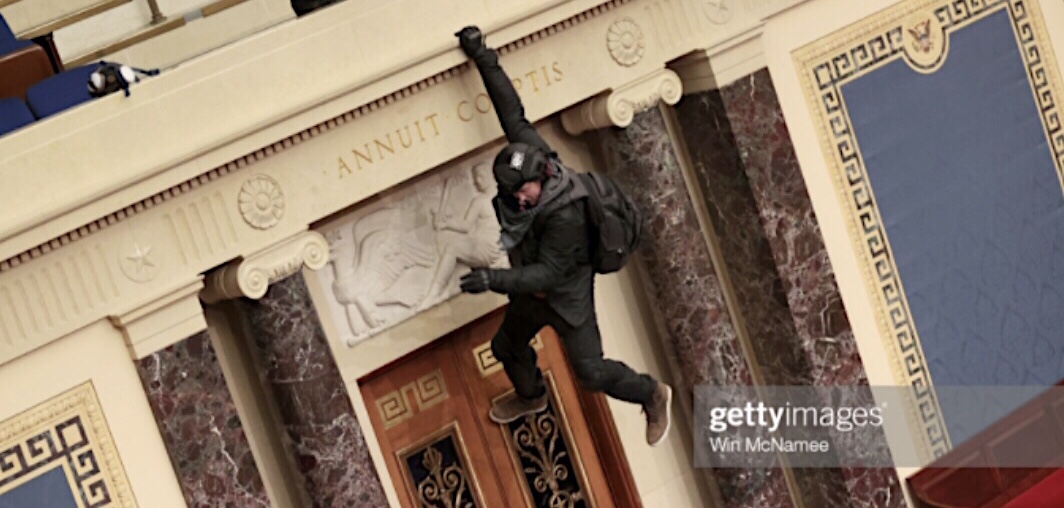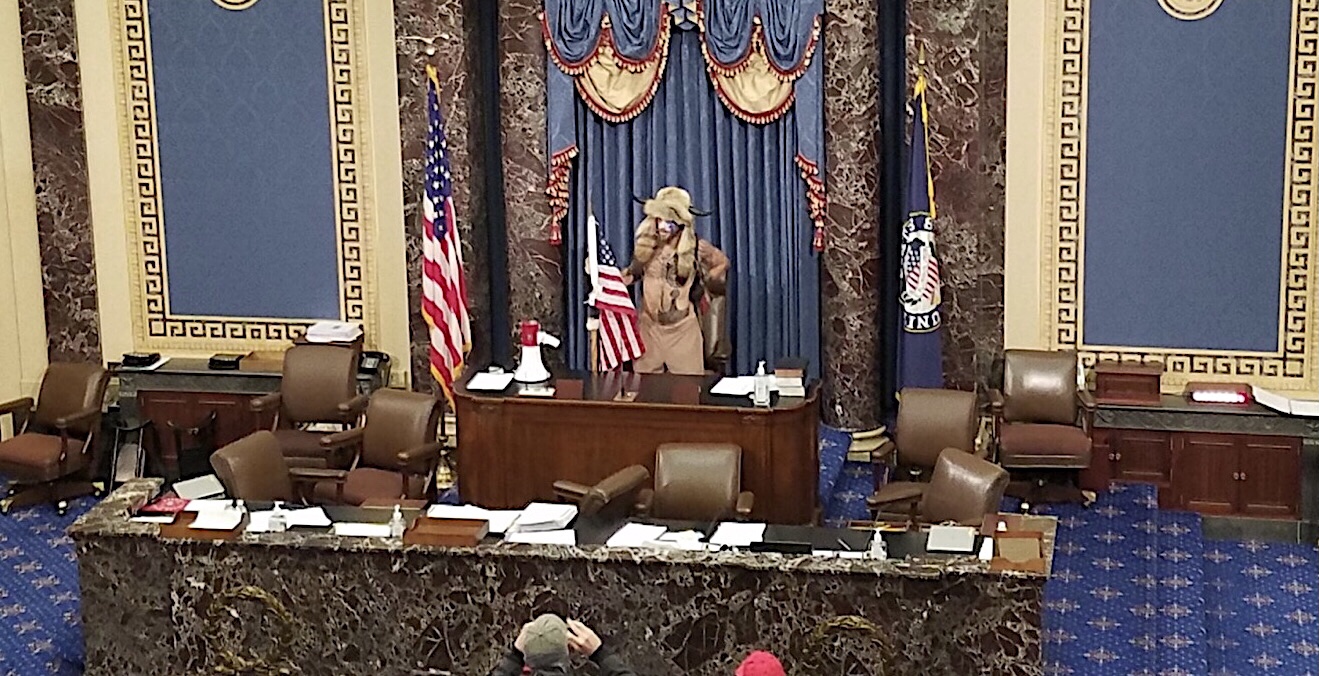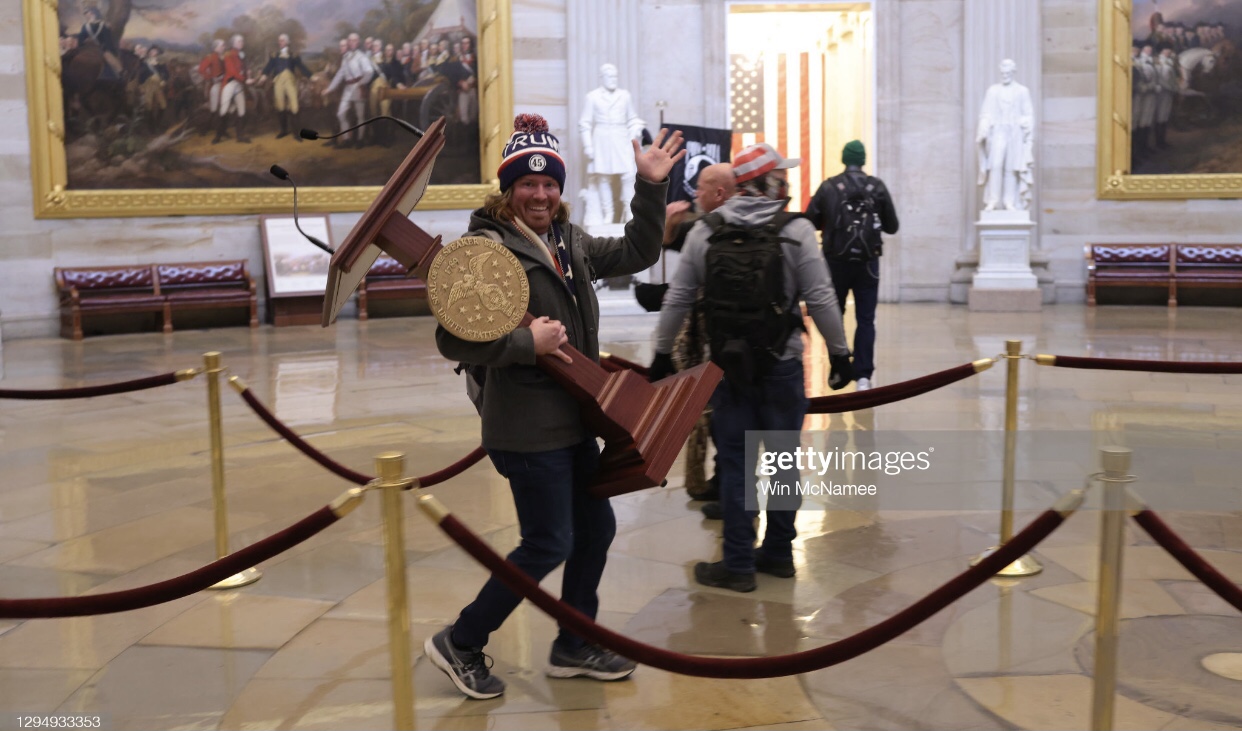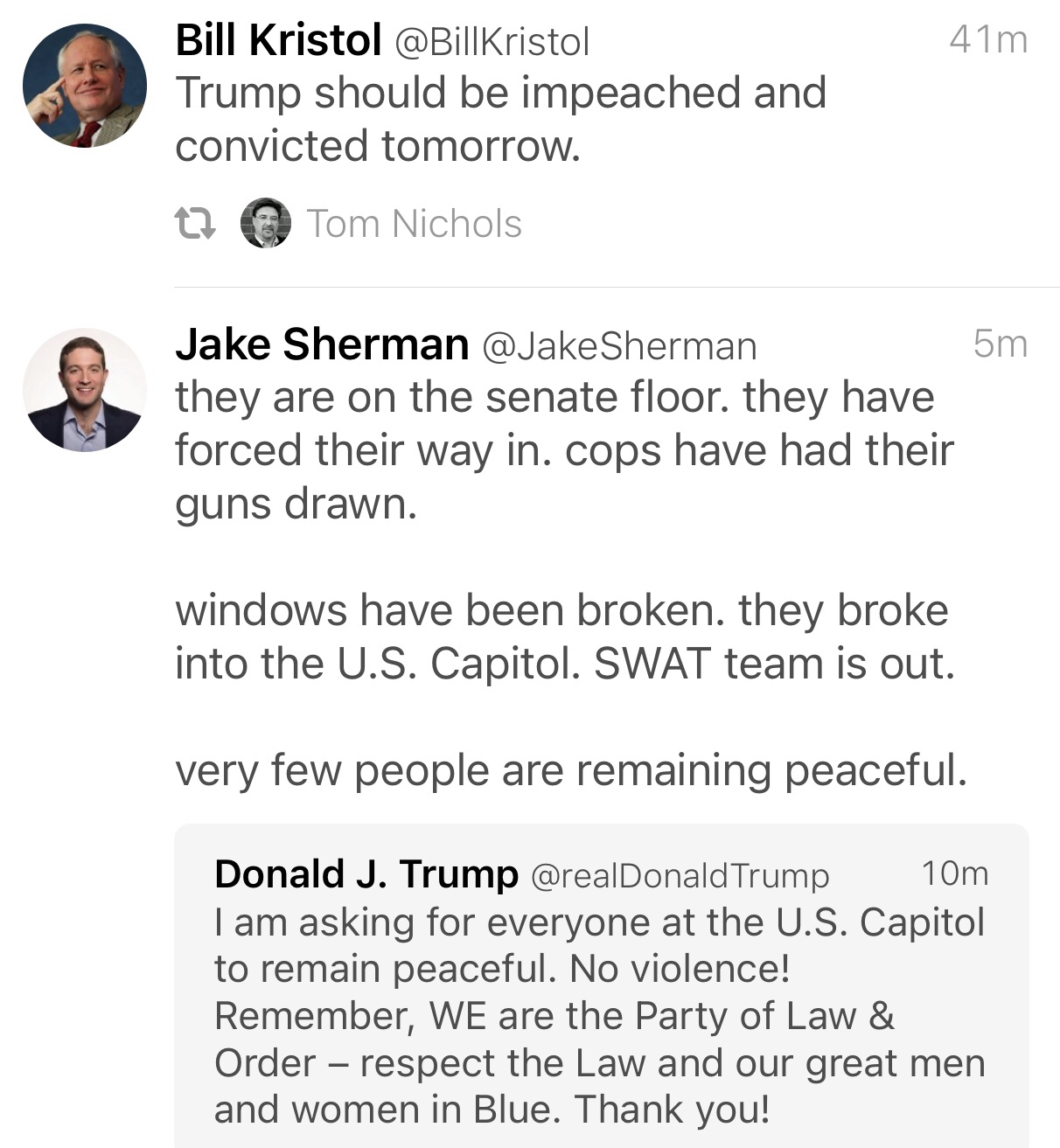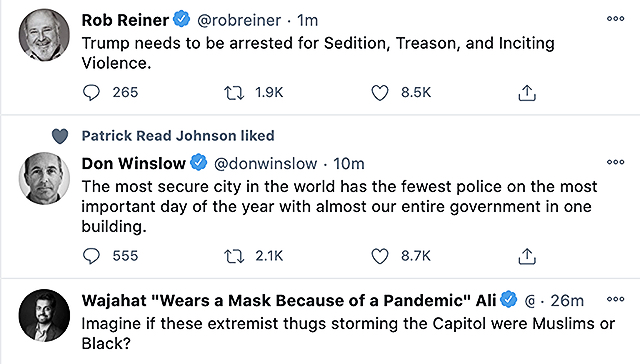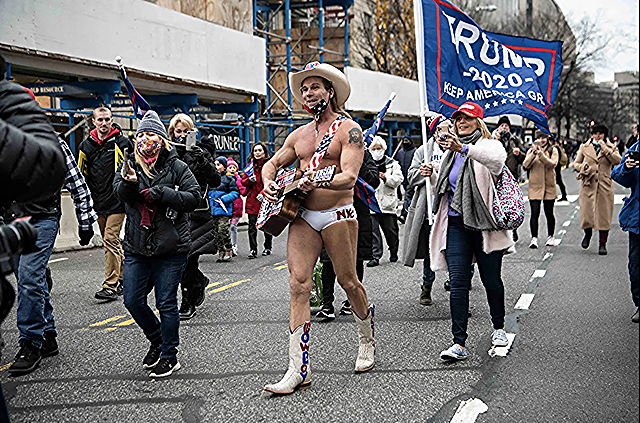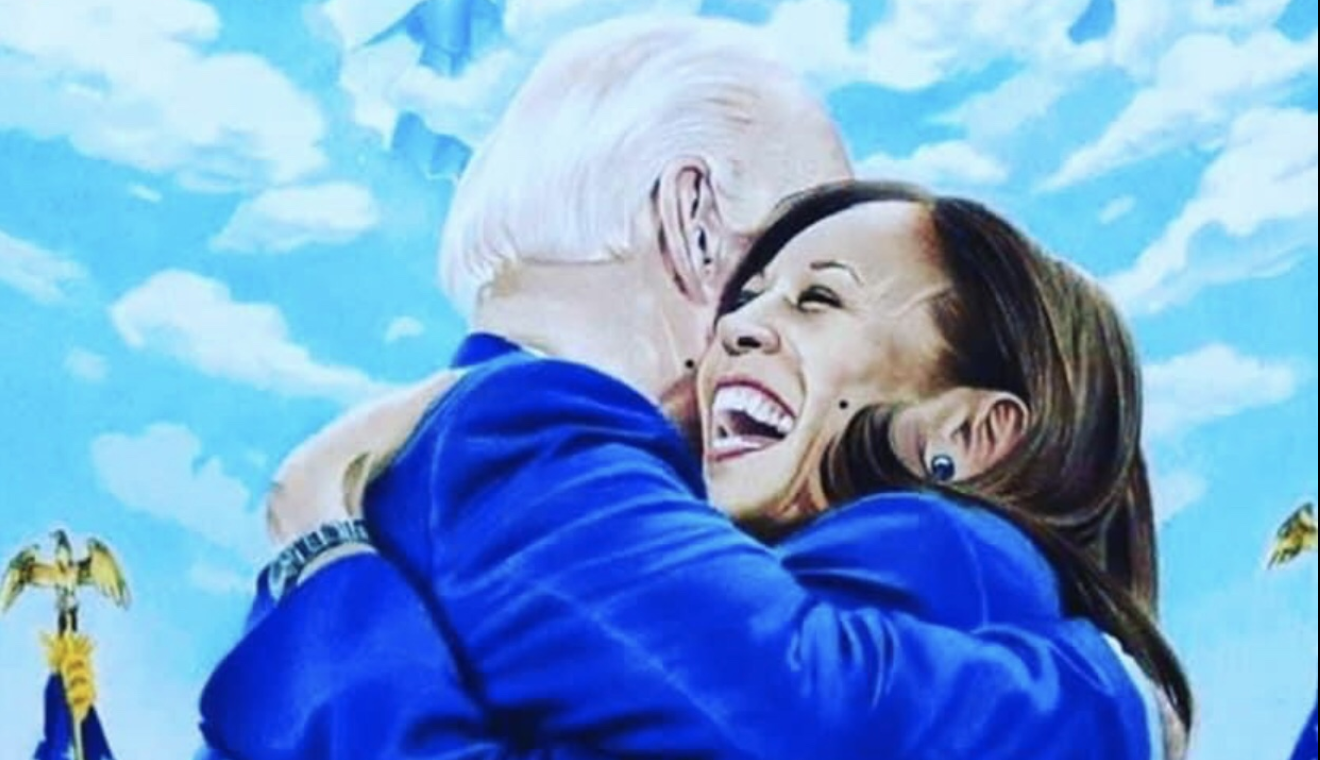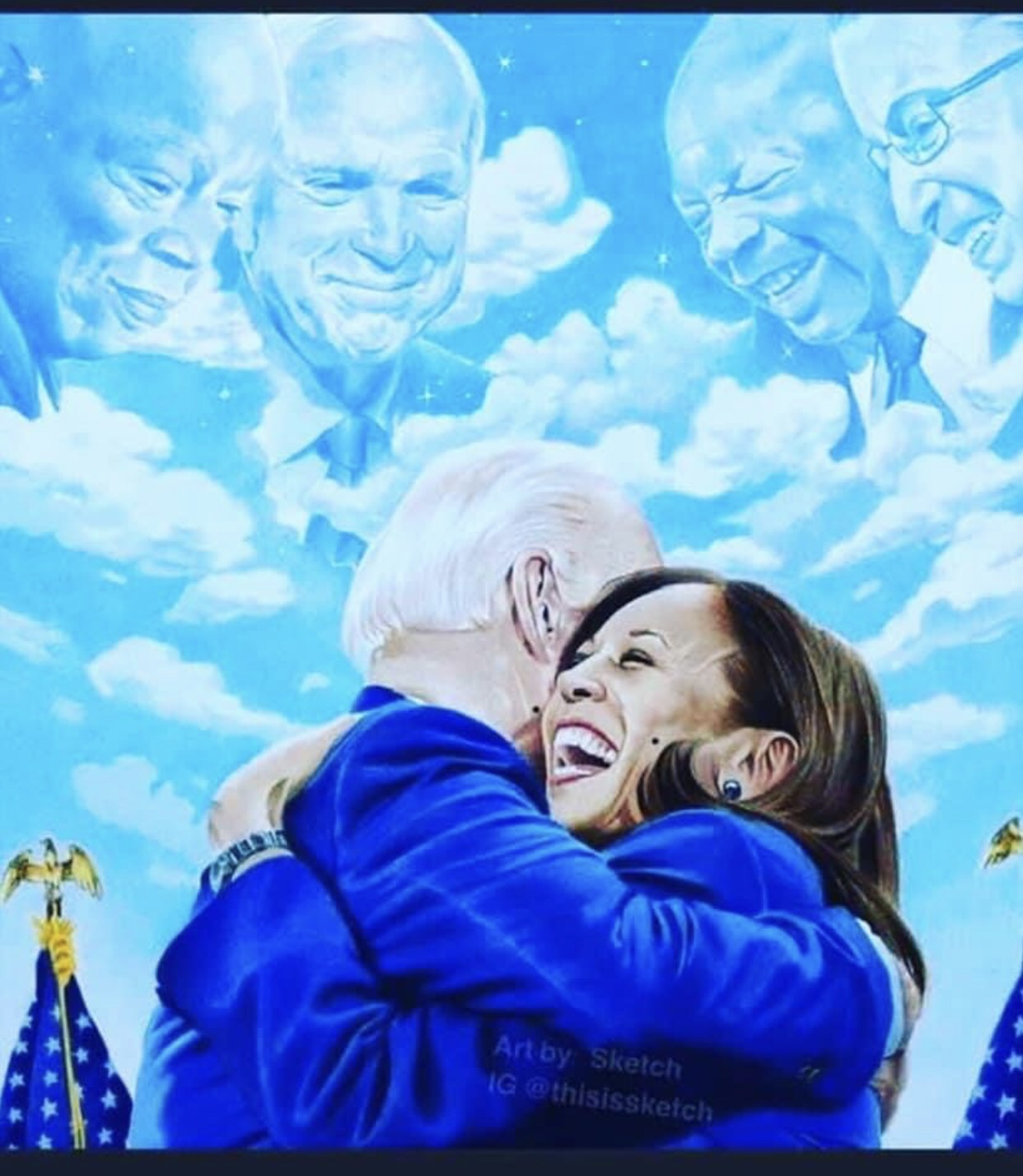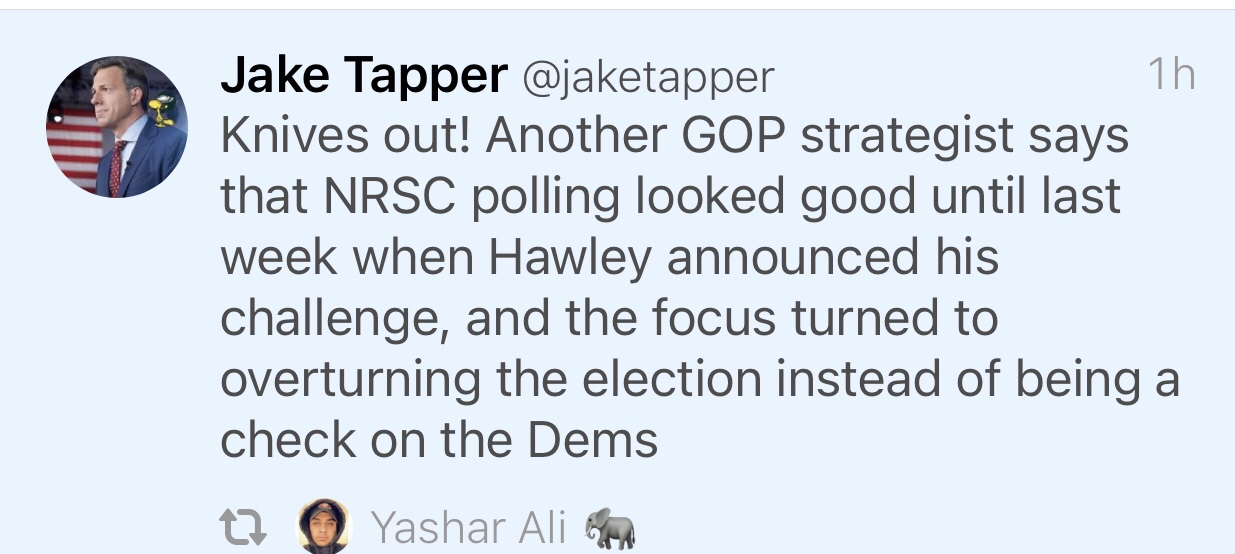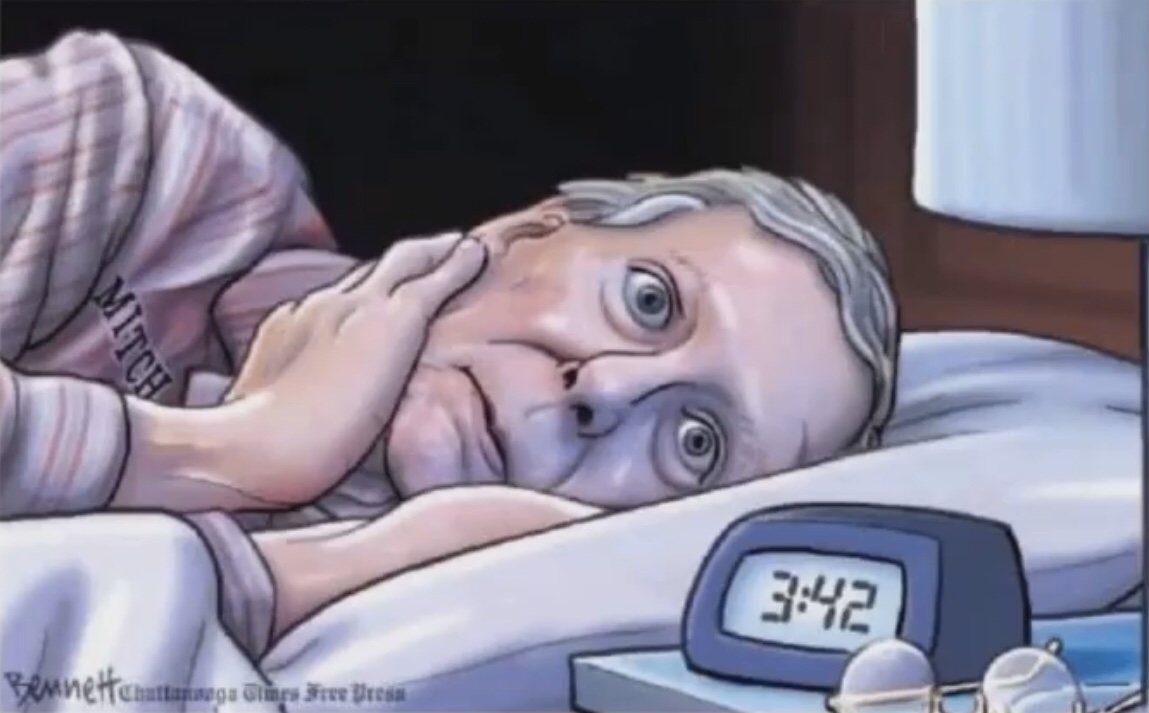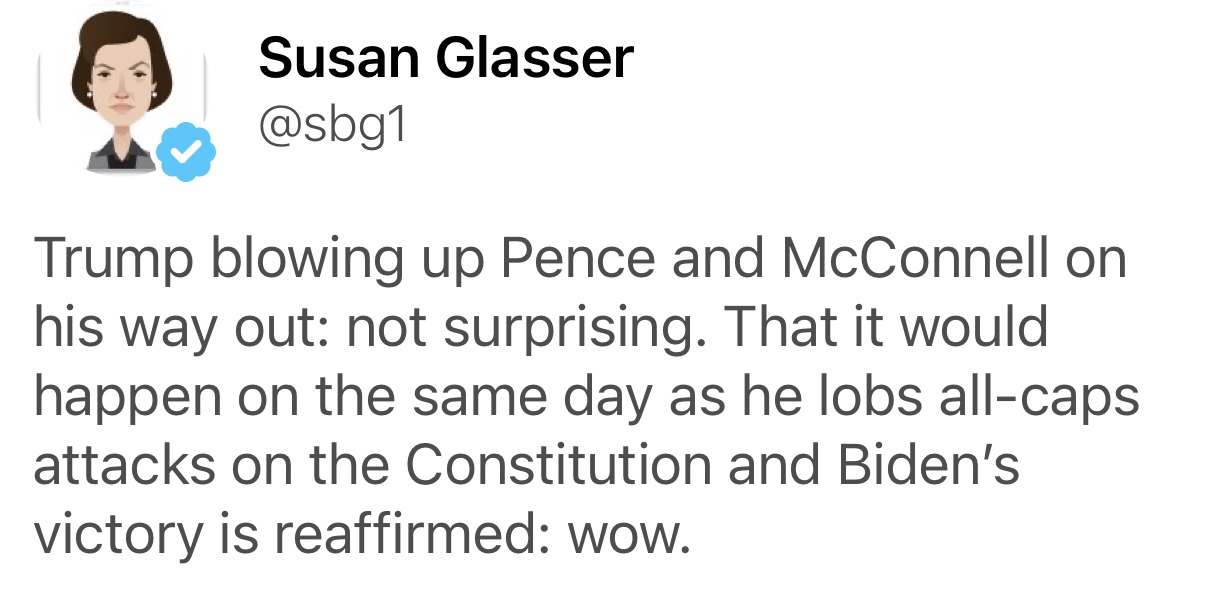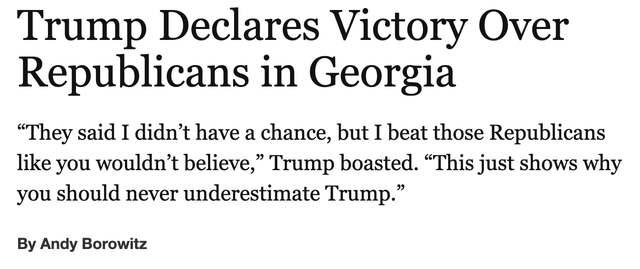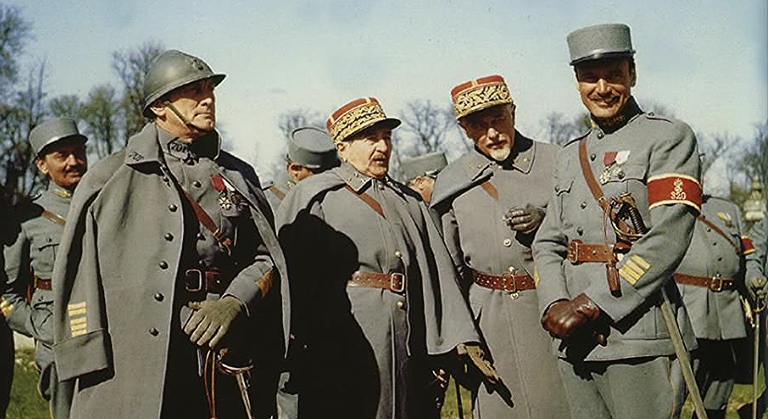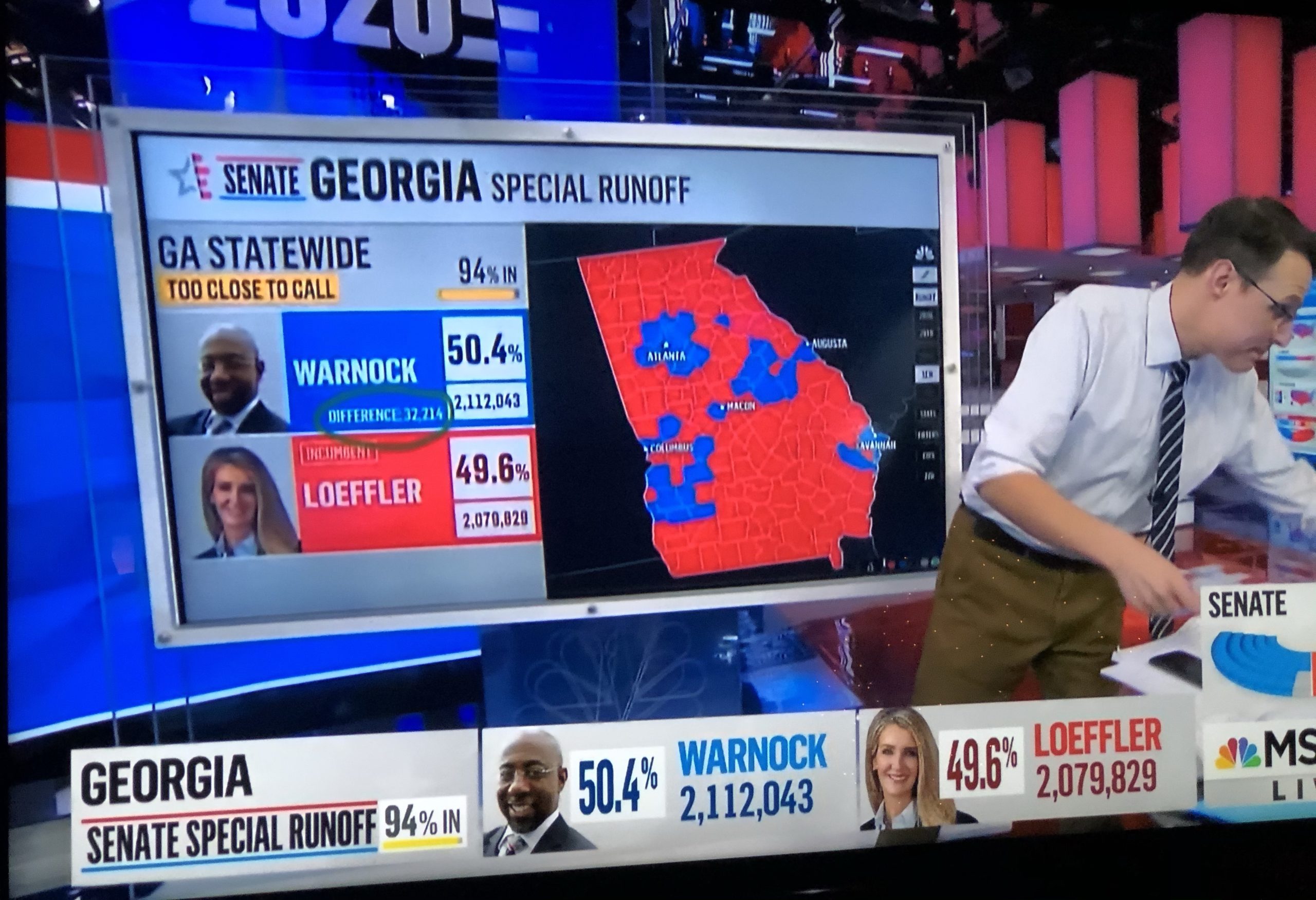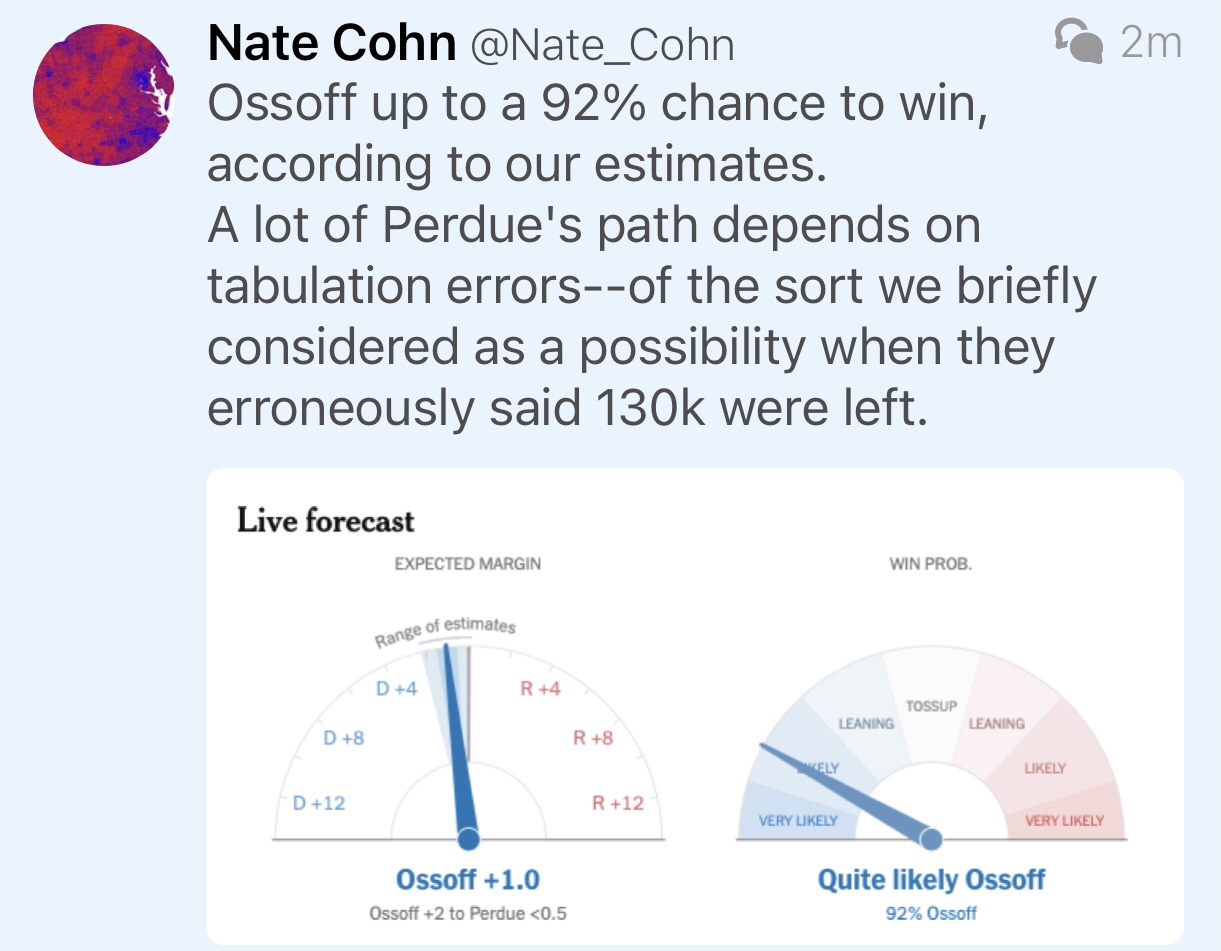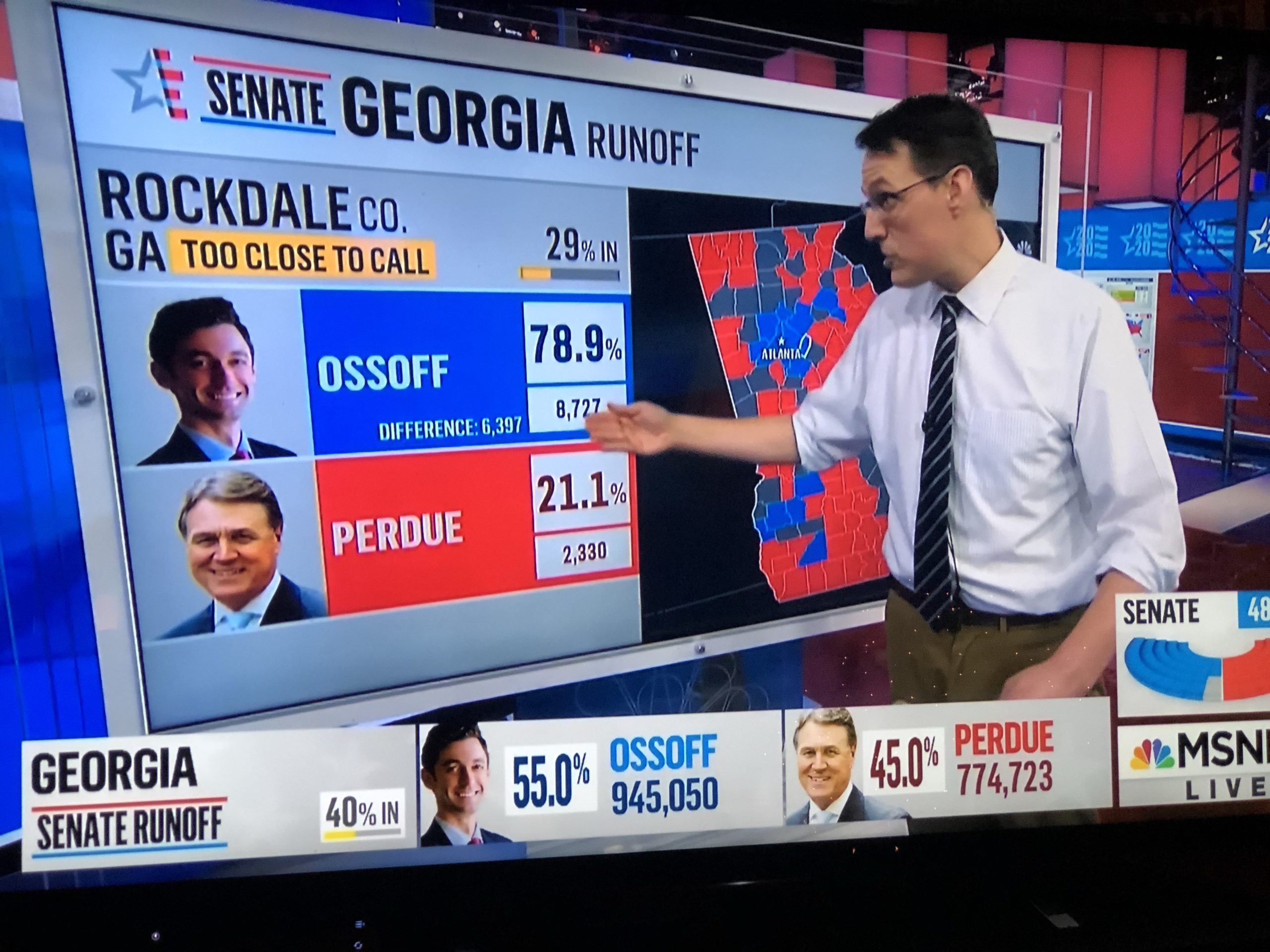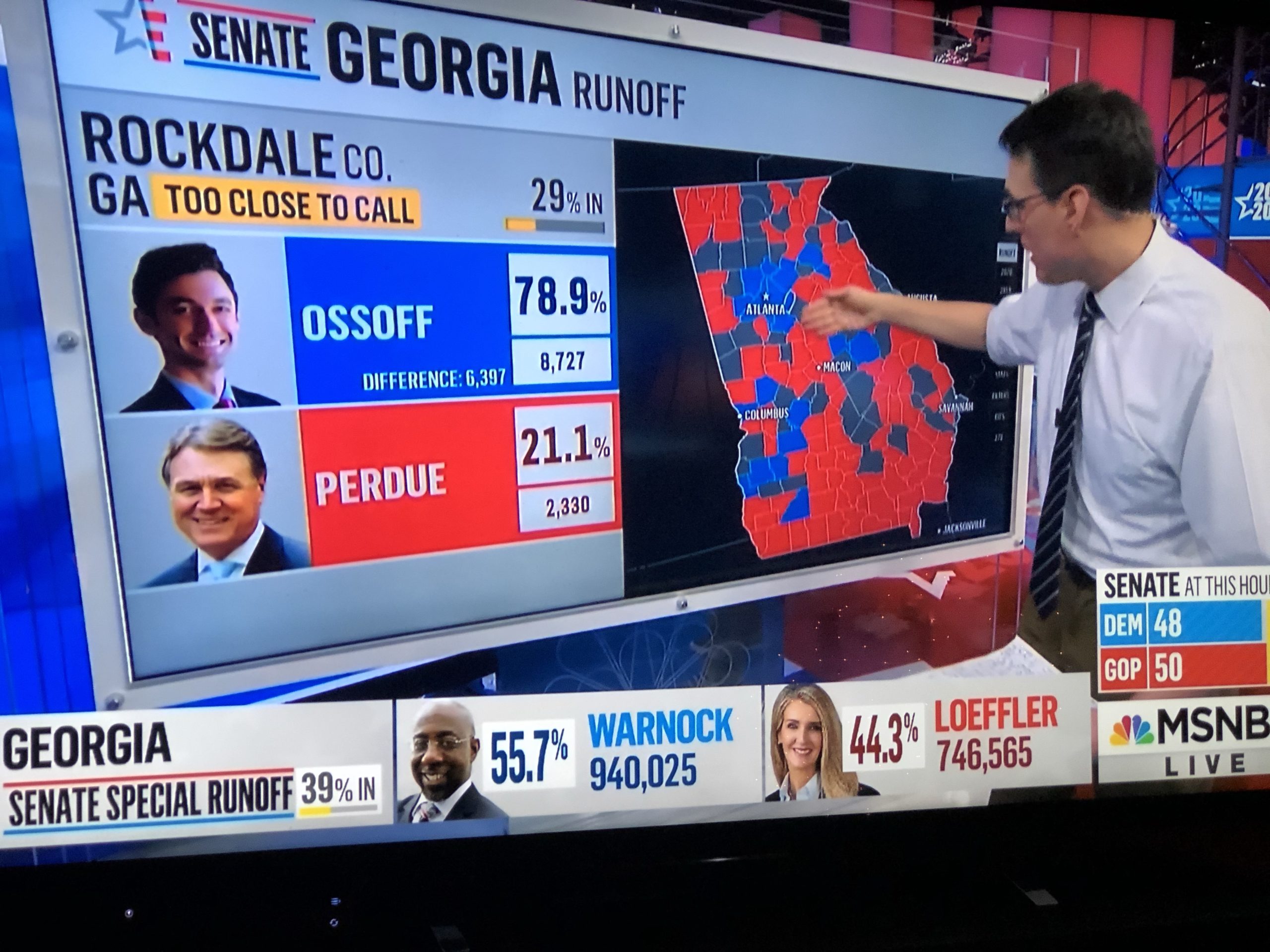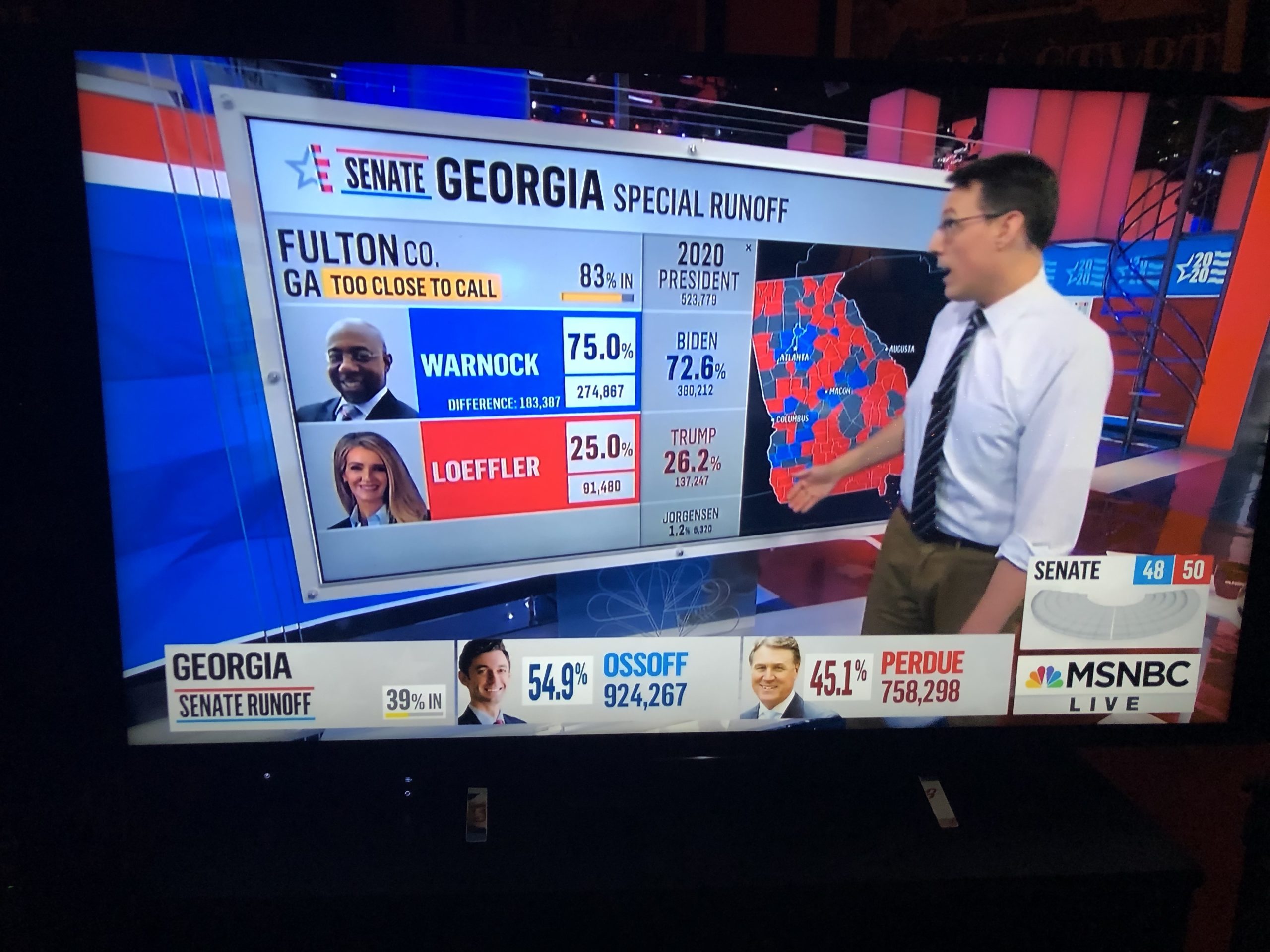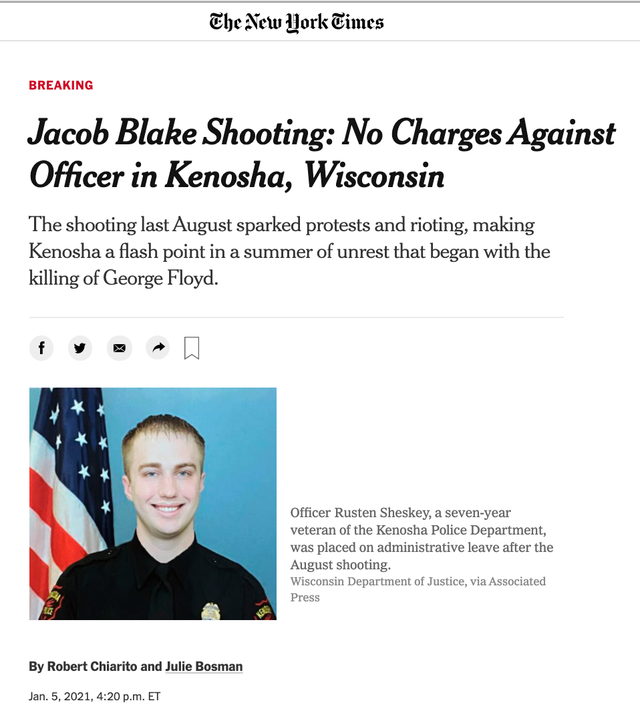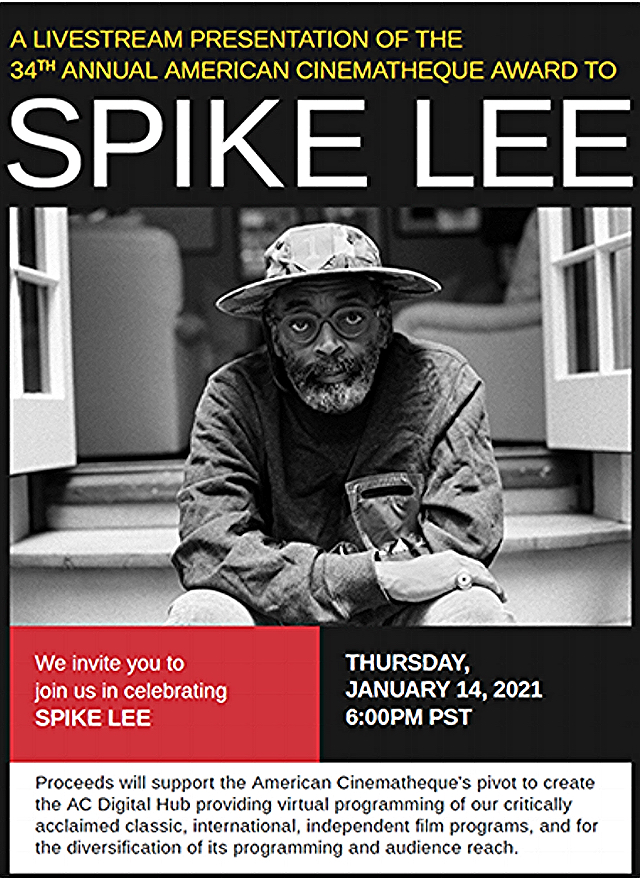Donald Trump is a loose-cannon sociopath and goon provocateur who’s completely jettisoned any interest in respecting our democracy (if he ever had any) and who’s clearly divorced from any semblance of sanity or moderation, and has pretty much turned into a rabid authoritarian dog. Seriously.
This afternoon he tweeted more or less that today’s insurrection was some kind of glorious citizen’s revolt against an imagined tyranny (“Remember this day forever!”), and…well, Jesus H. Christ, if this isn’t a case of God grabbing us by the lapels and screaming “get rid of this guy immediately!” I don’t know what would or could be.
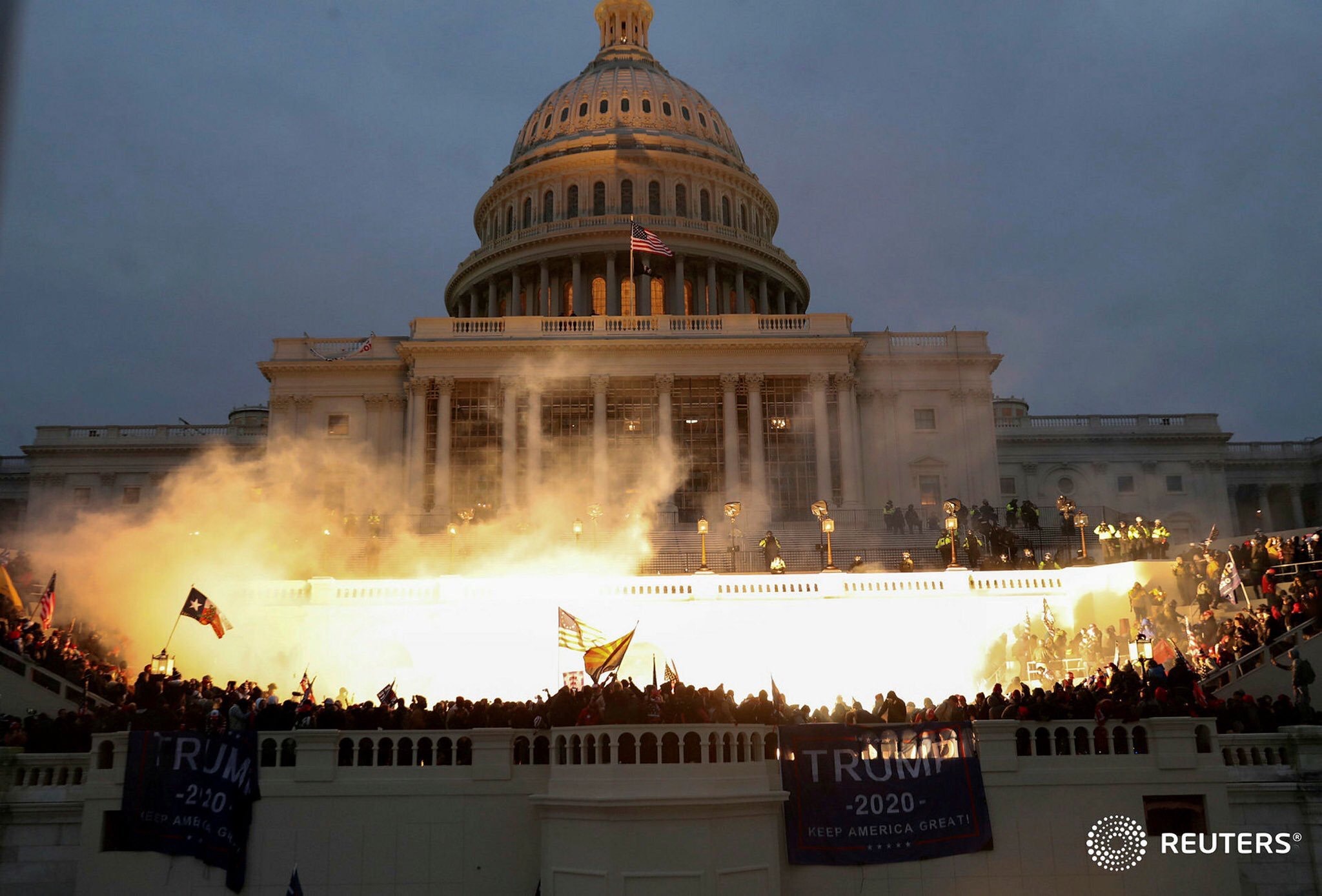
Trump, I believe, needs to be immediately re–impeached (seriously) so as to be prevented from running again in ‘24. The best scenario would be immediate removal from office by way of the 25th Amendment, but that won’t happen with Mike Pence’s subservient nature. At the very, very least a vote of censure should happen.
Trump has long been a thug, but today he crossed the line into dangerous and intolerable. Imagine what he might provoke tomorrow or next week. Or on January 19th or 20th.
Yes, I know — Pence is said to be more or less running the show now, or so I’ve been hearing. And yes, Twitter has locked Trump’s account, but only for 12 hours. They need to kick him off permanently.
The Confederate yokel terrorists who assaulted the Capitol today need to be ID’d, prosecuted and jailed; ditto the D.C. or Capitol Hill cops who were apparently in cahoots with the mob or who went easy on them because they were white.
I don’t completely agree with The Atlantic‘s David Frum but I agree about the urgency…Trump has become a very serious danger to our democracy.
